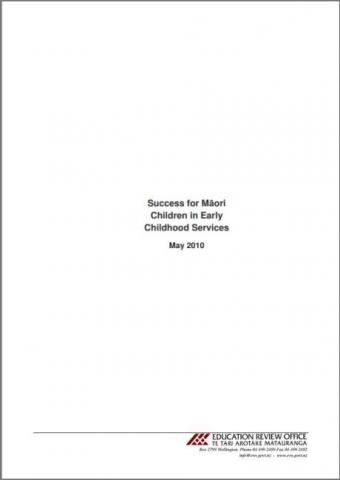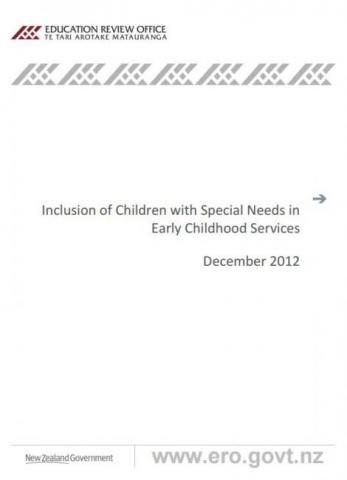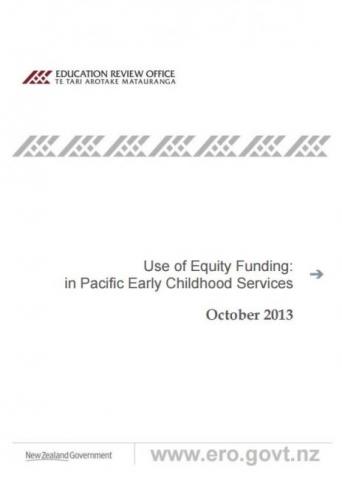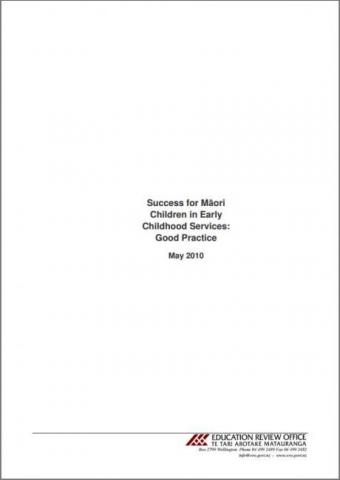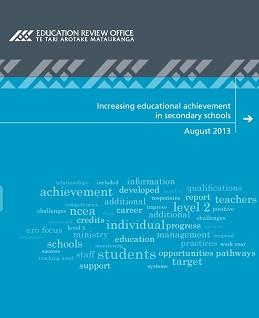Success for Māori Children in Early Childhood Services
Published: 01 May 2010
This evaluation also raises questions about the links between implementing a bicultural curriculum and reviewing its impact for Māori children. This is the next step for services that already have strong bicultural curriculum. Reflecting on and questioning the extent to which Māori children experience success as learners is part of the challenge for managers and educators in early childhood services. The findings of this evaluation indicate that many services have some way to go in working with parents and whānau and enabling Māori children to become competent and confident learners.
- Audience:
- Early learning
- Parents
- Content type:
- Research
- Topics:
- Early childhood services
- Evaluation
- Bicultural curriculum
